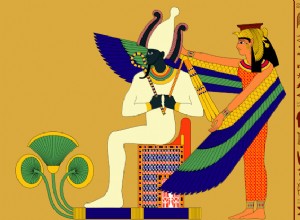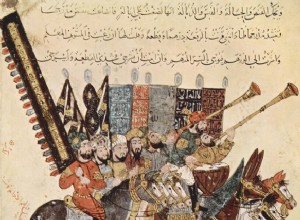Osiris was one of the most important deities for the religiosity of the Egyptians in Antiquity. He became known as the god of the dead and the afterlife. Osiris he was an important deity in the mythology and religiosity of the Egyptians in the Ancient Age. He emerged as a god of fertility, but beca




